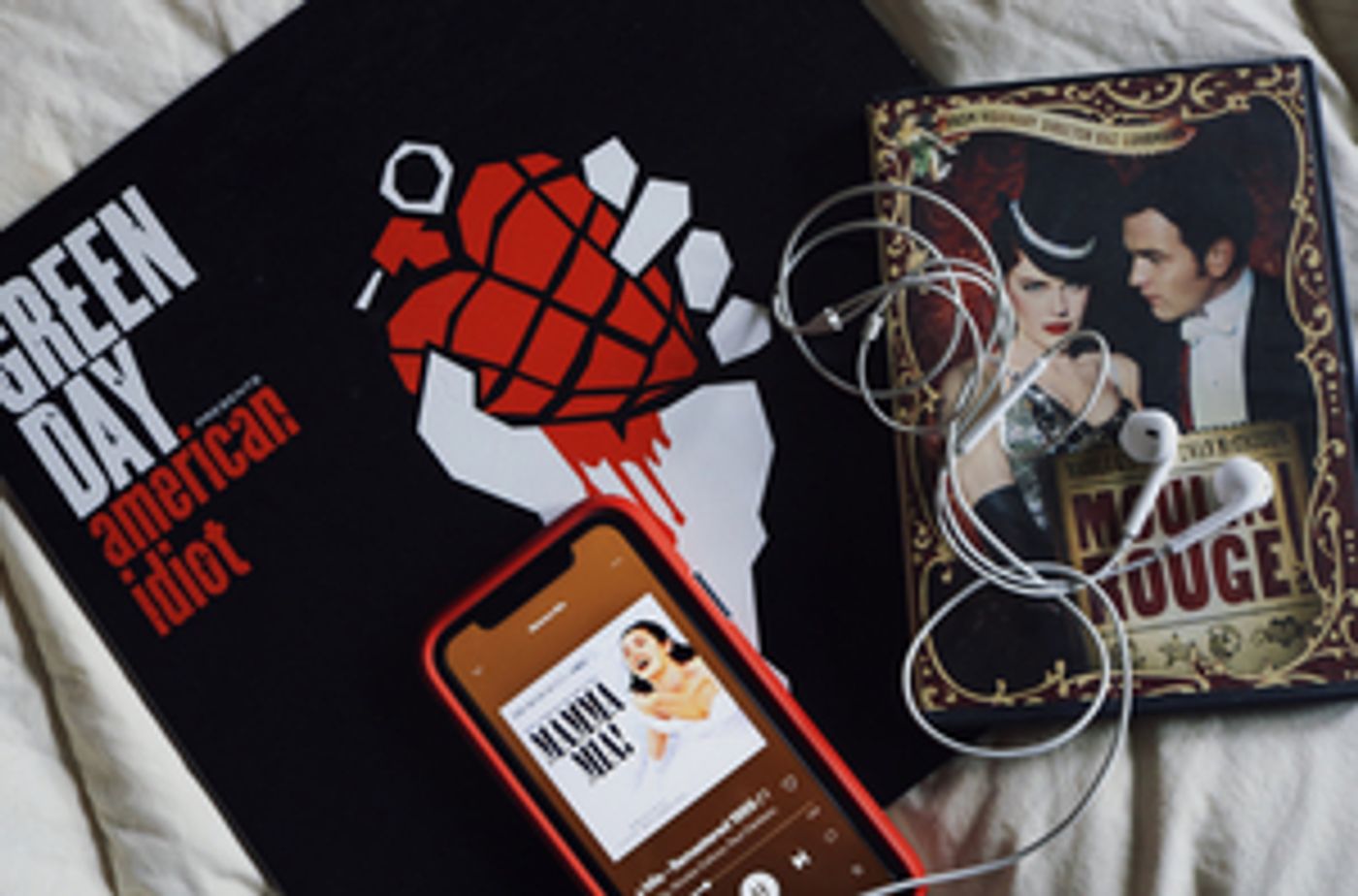BWW Blog: Jukebox Musicals and the Danger of Gatekeeping
Why is there so much vitriol for jukebox musicals?

With the announcement that three out of the four musicals eligible for this year's Tony Awards are jukebox musicals, the Broadway community has been buzzing with discourse about the genre. Jukebox musicals are less likely to pick up accolades such as the Tony Award for Best Musical-Jersey Boys is the only one to win the coveted award in the past two decades. Their self-explanatory marquees (think The Cher Show) make it easy for casual theatergoers to know what to expect inside. However, these qualifiers are not meters of the quality of jukebox musicals, and certainly not reasons to imply that they are not "real" shows.
For people new to the Broadway scene, jukebox musicals are a great bridge. I had watched movie musicals before, but I had never fully taken the plunge into theatre. Then, one fateful sick day in eighth grade, I caught the documentary Broadway Idiot on TV. I was hooked. I listened to the soundtrack of American Idiot: The Musical and dove into the story, an interest which spiraled and branched out until I was watching Les Misérables and listening to Spring Awakening. It inspired me to pick up playing piano again and think of musicals as something more than a refined whole-family outing. American Idiot: The Musical isn't my favorite show, but it was my first. It was accessible to me, a teenager with a pop punk obsession, and eased me into the world of Broadway theatre that I'm so invested in now.
So, why is there so much vitriol for jukebox musicals? In all likelihood, it comes down to a combination of factors. For one, a quick glance at Wikipedia will reveal what we all know to be true-the amount of jukebox musicals on Broadway has increased exponentially every decade, from just three in the 1970s to forty-seven in the 2010s. Even if all of these shows did not personally hit the Great White Way, it is undeniable that they now occupy a greater space in our culture. Combined with the seemingly explosive uptick in musicals based on other works, frequently popular movies, it's understandable why theatre fans would grow tired of the genre altogether. This causes a general cultural fatigue-a wish for the art form to return to its creative storytelling roots. In a world dominated with remakes and sequels, it is easy to feel as if the arts are losing their originality.
Perhaps more worryingly, the theatre community can frequently lean into general snobbishness. What frequently starts as friendly debate can instantly transform into criticizing other Broadway fans' tastes, usually in an attempt to prove some sort of superior appreciation of the arts-in short, gatekeeping. What our culture so frequently forgets is that duality of interests is possible. One person can love a blockbuster superhero movie and a critically acclaimed independent feature at the same time, the same way that they can love both a Pulitzer-prize winning drama and an upbeat, pop- leaning show. To bash another fan's favorite musicals could ultimately prevent them from fully embracing their love of theatre. I, for one, know that if a more dedicated Broadway fan had told me that American Idiot wasn't a "real" musical, I would not be writing this article today.
Videos


